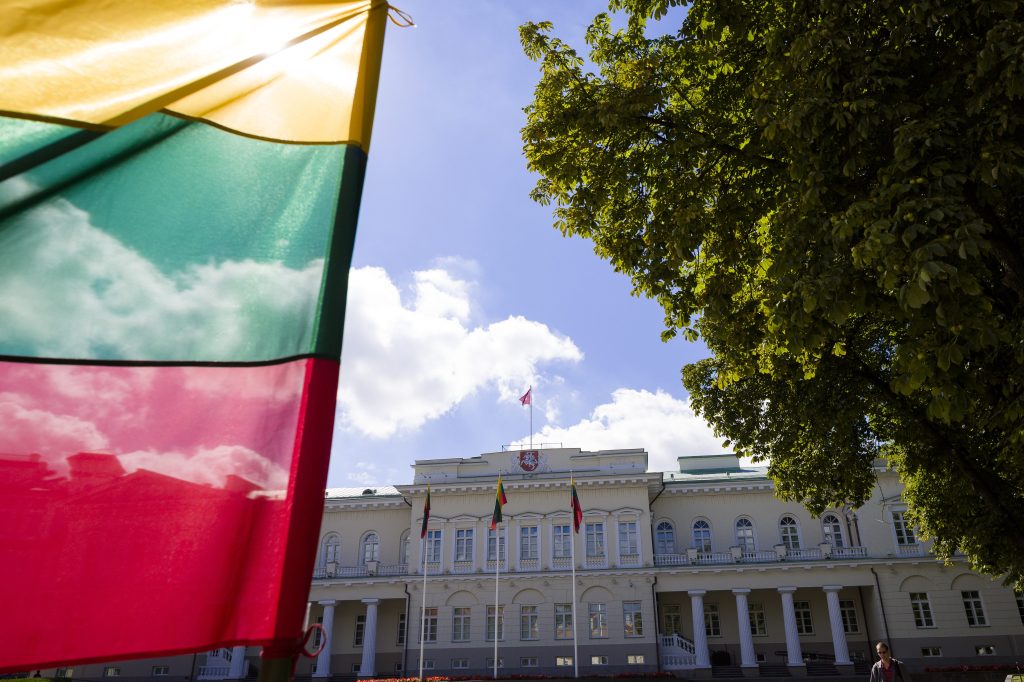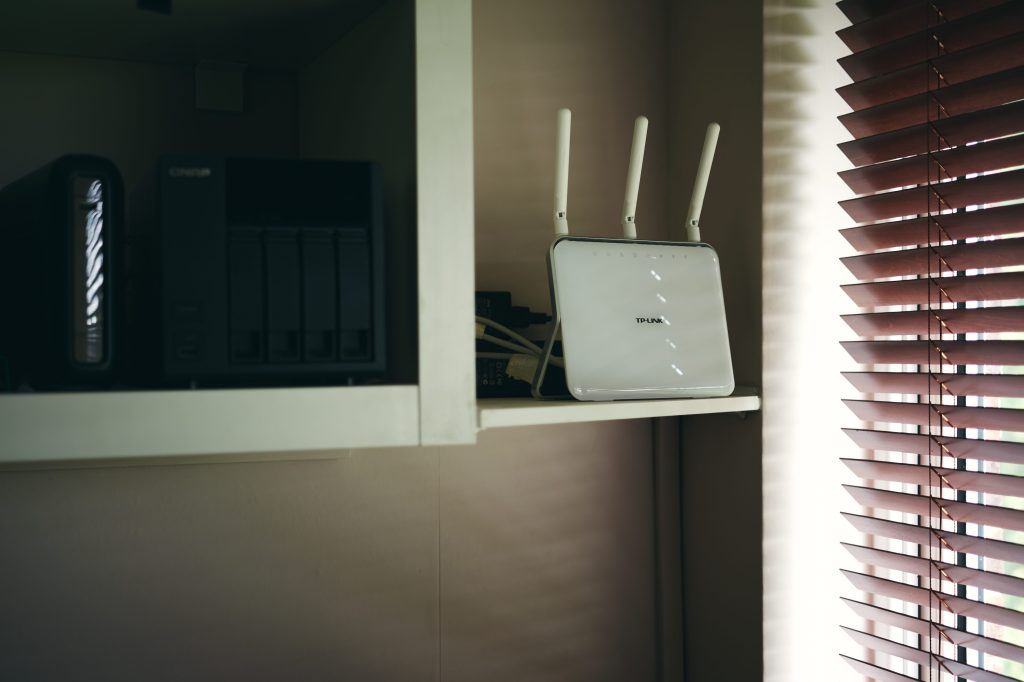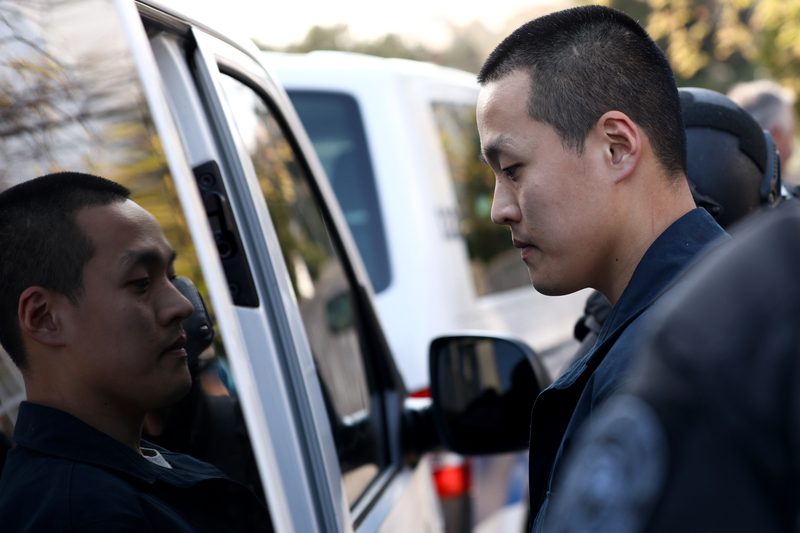The SEC has fined Tai Mo Shan, a subsidiary of Jump Trading, $123m over allegations that it bought a large volume of the stablecoin UST in an attempt to keep its price at $1. According to the SEC, this created the false impression that UST’s price was being stabilized through
That
Register for free to keep reading
To continue reading this article and unlock full access to GRIP, register now. You’ll enjoy free access to all content until our subscription service launches in early 2026.
- Unlimited access to industry insights
- Stay on top of key rules and regulatory changes with our Rules Navigator
- Ad-free experience with no distractions
- Regular podcasts from trusted external experts
- Fresh compliance and regulatory content every day













